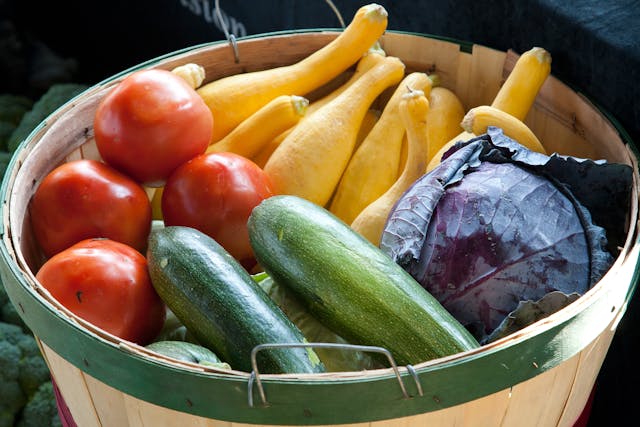Researchers from CABI have uncovered significant concerns regarding pesticide residues on fruits and vegetables, pinpointing them as a primary source of food safety anxiety among consumers in Bangladesh, Ghana, Kenya, Pakistan, and Uganda. Published in the journal Global Food Security, the study indicates a strong preference among concerned consumers for purchasing produce from specialist shops rather than street vendors, underscoring a widespread apprehension about pesticide risks.
The implications of these findings are profound, as they underscore the potential impact of pesticide risk concerns on consumer behaviour, potentially deterring the consumption of nutritious foods like fruits and vegetables that are rich in carbohydrates, dietary fibre, vitamins, and minerals. This is particularly critical given the World Health Organization’s (WHO) report that fruit and vegetable intake in Africa remains well below recommended levels, with consumption estimates in sub-Saharan Africa ranging from 70-312g per person per day, significantly lower than the WHO’s advised minimum of 400g.
Dr Justice Tambo, the lead author and a Senior Socio-Economist at CABI, highlighted the crucial role of fruits and vegetables in maintaining a healthy diet but raised alarms over the growing food safety risks associated with their consumption. The study, which analysed survey data from 8,644 consumers across five countries, revealed that pesticides are the most frequently cited concern, ahead of issues like microbial food poisoning and food additives.
The heightened concerns about pesticide residues are attributed to various factors, including the intensive use of synthetic pesticides and the limited adoption of non-chemical pest management strategies, such as cultural, physical, and biological controls, by farmers in the study regions. The prevalence of chemical pest control is notably high, with its usage ranging from 77% among farmers in Kenya to over 90% in Bangladesh, Ghana, and Pakistan, and about half of these farmers reportedly apply pesticides weekly.
Additionally, marketing and media campaigns influence the perception of pesticide risks relative to other food safety risks. Interestingly, the study found that, on average, only 56% of respondents had received information on food safety, with even lower exposure rates in Pakistan and Uganda.
The incidence of household members experiencing food poisoning symptoms after consuming fruits and vegetables also varies widely, from 23% in Kenya to 43% in Pakistan. This further highlights the urgent need for addressing food safety concerns, which are significant determinants of consumer choices regarding where to purchase fruits and vegetables. For instance, Dr Tambo noted that fears of pesticides could increase the likelihood of consumers buying from specialist shops by 8-16 percentage points and decrease their purchases from street hawkers by 1-14 percentage points.
To combat these issues, the researchers advocate for farmers to adopt integrated pest management (IPM) strategies, which could help reduce dependence on synthetic pesticides and increase the availability of safer produce in markets. Strengthening enforcement of pesticide safety regulations and monitoring is also critical to enhancing food safety in the fruit and vegetable supply chain. Additionally, raising public awareness about the risks associated with pesticide residues is essential to sensitise consumers and potentially drive demand for safer produce, which could, in turn, encourage farmers and traders to meet this demand.
More information: Justice A. Tambo et al, Consumer pesticide concerns and the choice of fruit and vegetable markets in five low- and middle-income countries, Global Food Security. DOI: 10.1016/j.gfs.2024.100801
Journal information: Global Food Security Provided by CABI








